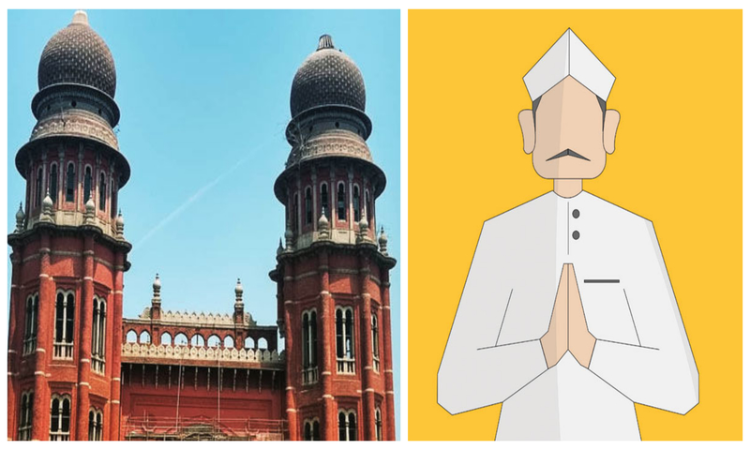The Madras High Court on Thursday directed the State government to identify suitable land for the establishment of 'Leaders Park' in as many locations as possible in Tamil Nadu in order to alleviate problems that arise when statues of political or ideological leaders are erected in public areas. The Court observed that statutes that pose a hindrance to traffic on public roads must be shifted...

